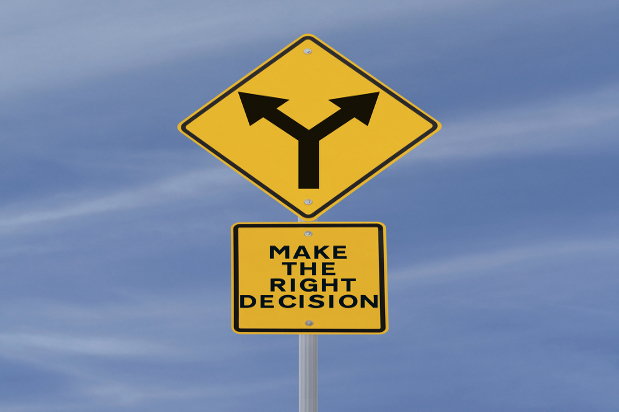When someone close to you is caught in the downward spiral of addiction, it may be very difficult for that person to recognize exactly what is happening to his or her life. People with substance abuse problems are often living in denial—typically unaware that there is “a problem.” The addict is likely making promises to himself and others that he can’t keep—promises to quit, to get back on track, to deliver on commitments, and more. When heart-to-heart talks haven’t helped, a formal drug intervention may be required.
Preparing to Initiate a Drug Intervention
Preparation is the key to a successful drug intervention. Use the resources available on our website to find an intervention specialist. Once you choose an intervention specialist and feel that you have a clear sense of what you need to do, you should plan to gather together a group of people who care deeply about the addict. Once everyone in the group understands and agrees upon the plan for the intervention, you should rehearse the intervention process at least once. Make sure that everyone in the group knows how to proceed.
Knowing What to Say During a Drug Intervention
There are appropriate and inappropriate things to say during a drug intervention. It’s important to remember that an intervention can be a humiliating a traumatic experience—even if you carry it out with a compassionate heart. To help ensure that the addict understands you are intervening from a place of love and compassion—and to help you succeed in your goal with a minimum of collateral damage—it can be helpful to know what to say to the addict during a drug intervention.
Some appropriate things to say during an intervention are:
- how you feel about what’s happening to the addict
- how his or her actions are affecting you
- a clear statement that you will not tolerate drug use any longer
- an explanation of the consequences for continued use
The intervention counselor will help you identify objections the addict might make, and help you learn how to respond to them.
The Goal of a Drug Intervention: Immediate Treatment
When confronted by a group of family and friends in a drug intervention, the addict may make sincere promises to stop using, but this cannot be accepted as an outcome. The goal of the intervention is to get the addict into treatment without delay. It is important to remember this outcome as your goal. If you follow the guidance of a professional drug interventionist, you will be more likely to achieve that goal.
As part of the instructions you’ve been given by the intervention specialist, you will have received the steps you need to cover to ensure you’re fully prepared for your loved one to accept the intervention’s outcome—entering a treatment facility.
Some of the preparations that should be in place before the drug intervention include:
- the treatment center will be expecting him/her
- payment arrangements for treatment have been made
- transportation is ready and available
- a suitcase has been packed
Coming to Terms with a Drug Intervention
A drug intervention is a difficult and painful process both for the addict and for those who participate in the confrontation. And, sometimes even the most compassionate approach is unsuccessful. However, the anguish that you may feel over the intervention process is well worth it, if the result is that a person you love can finally be freed from addiction. It may help to remember that a drug intervention is usually the method used once you have exhausted all other methods or resources for helping your loved one kick a substance abuse problem. Try to remember that carrying out a drug intervention usually means that you’ve previously done all else in your power to help get your loved one on the road to sobriety.
If you or someone you know is seeking help from addiction, please visit our directory of treatment centers or call 800-772-8219 to start the path to recovery today.







